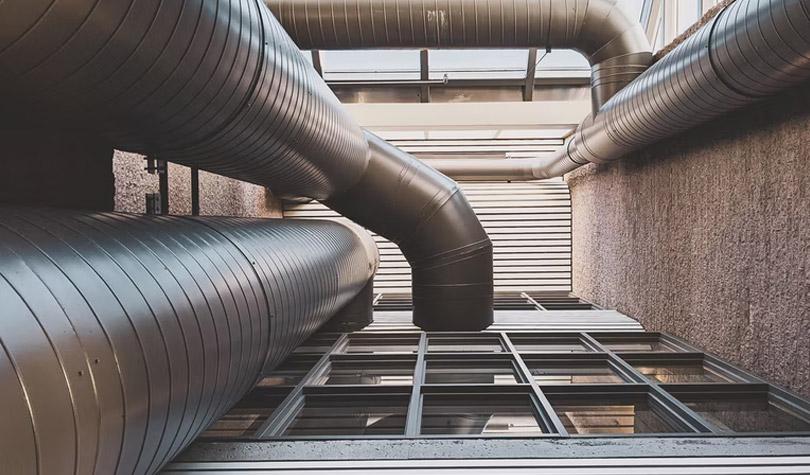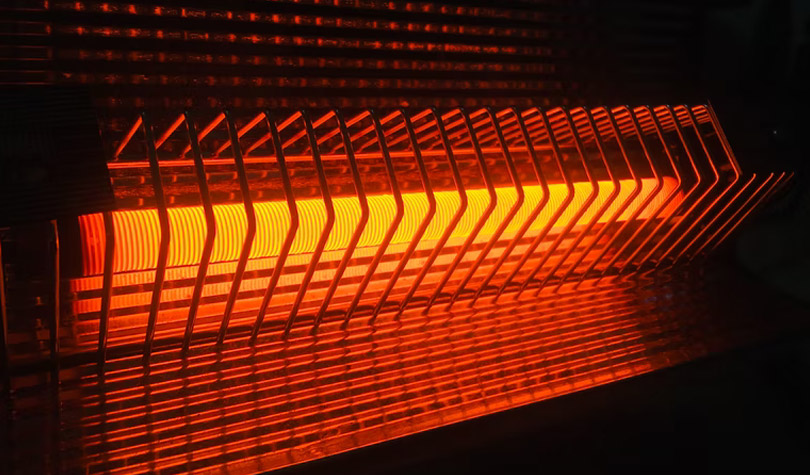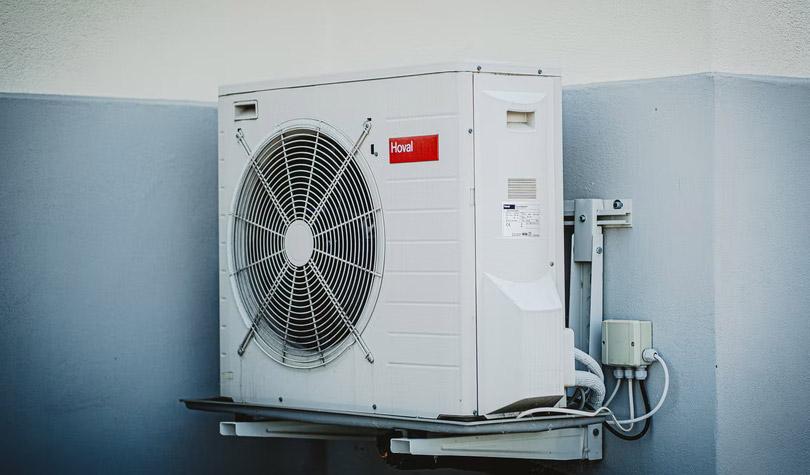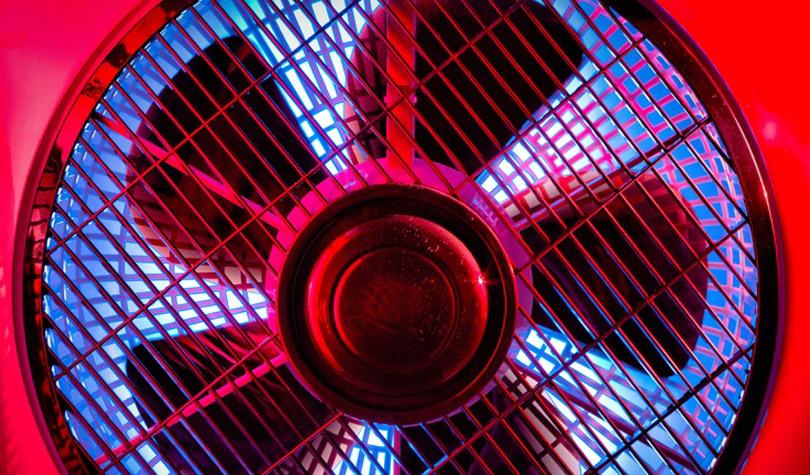Short for heating, ventilation, and air conditioning, HVAC systems are designed to give you complete control over your home’s temperature and air quality. Instead of being individual machines, HVAC systems are conglomerates of various units performing specific tasks to achieve a singular purpose.
Image Source: unsplash/Sigmund
Today we’ll be focusing on understanding HVAC systems – and how to find one suited to your needs. So, without further ado, let’s get to it.
Basic Components
HVAC systems consist of three components – two of which are responsible for temperature control, while the third one is meant for quality control. Following is a summarized overview of each of them.
Heaters
Image Source: unsplash/Achudh Krishna
A heater or boiler is responsible for raising the temperature of your home and is the simplest component of an HVAC system. Whether it’s a traditional heater or a modern one, almost all function through a swift furnace installation that boils water, which dissipates heat through the radiator system. However, modern heating systems are more efficient and safer for the environment.
Air Conditioners
Image Source: unsplash/Carlos Lindner
Think of air conditioners as the exact opposite of heaters; instead of heating and being simple, they’re complicated and lower the temperature. Air conditioners work by compressing a gaseous compound till it’s cooled and using it to circulate cold air through the room. Additionally, modern-day systems come attached with air quality and humidity filtration systems.
Ventilators
Image Source: unsplash/Immo Wegmann
The ventilation system is mainly designed to circulate oxygen-rich air into the room while letting out carbon dioxide. But that can be accomplished by punching a hole through the wall; therefore, high-tech ventilators offer far greater control or the quality of the air.
The Perfect System for Your Needs
Take a look around the market, and you’ll find a plethora of HVAC systems – with each one better than the last. While almost all of them will satisfy your needs, their power consumption and out will not. So, let’s take a look at three main types of HVAC systems and whom they’re intended for:
Disjointed System
A disjointed HVAC system is composed of unrelated components that are installed per your requirements. The term HVAC system is a bit misleading for such arrangments as the components aren’t connected through a common terminal. However, such systems are excellent if you live somewhere with consistent hot or cold temperatures – as you can opt for a custom design suited to your budget and needs.
Connected System
A proper HVAC system consists of components regulated by a common terminal. While these systems might have disjointed boilers and air conditioners, their function is controlled by sensors that monitor the environment per your needs. Due to the precision of electronic sensors, connected systems are more efficient than disjointed systems. Available in a wide variety, these systems are perfect for anyone looking for something easy on the bill.
Central System
Normally, air conditioners only cool one room, but what if you want more than one room cooled? That’s where the central system comes in; rather than cooling a single room, central systems consist of a network of ventilation tubes designed to circulate cold air through the whole house. To achieve such extraordinary results, central systems, unlike simple systems, require more than one compressor. Luxurious as they are, these systems are quite expensive and generally not recommended unless you live in an exceptionally large home.
Maintenance
Lastly, let’s talk about maintenance. Look, I know that it might be a bit tedious, but regular maintenance goes a long way in preserving the efficiency and output of your HVAC system. And all you have to do is clean the filters, inspect the system for blockages, and check the integrity of the electrical connections. Also, don’t forget to call a professional HVAC maintenance NJ at least twice a year, as they’ll be able to identify and fix any complications that might’ve escaped your eyes.






